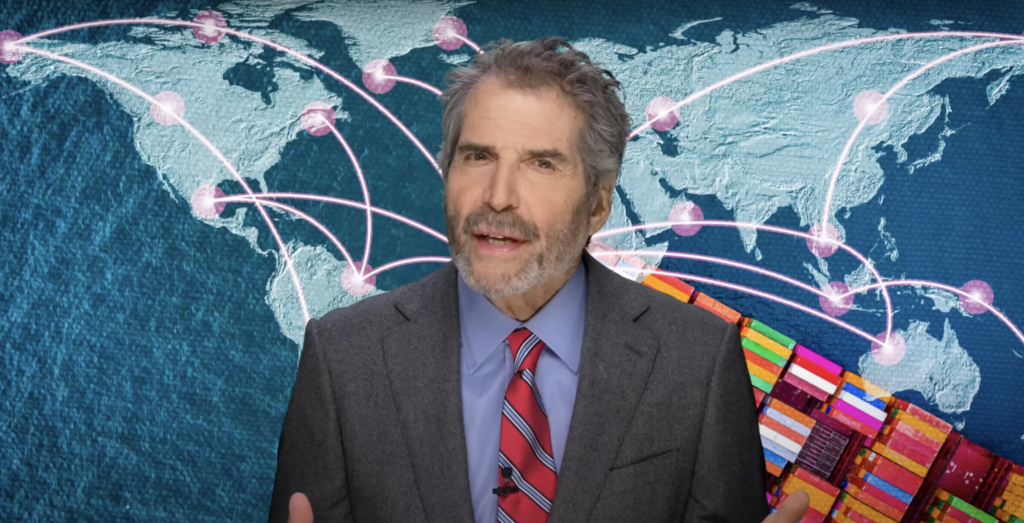Wisconsin voters approved a new addition to the State Constitution that prohibits officials from accepting donations of money or staffing to assist in running elections, according to The Associated Press.
The amendments were introduced on the primary ballot by the Republican-controlled Legislature in response to concerns raised about the 2020 election. These concerns included objections to donations made by a group supported by Mark Zuckerberg and Priscilla Chan to local election offices, as well as assistance provided to election administrators by nonprofit organizations. The donations were intended to cover various costs such as polling-place rental fees, drive-through voting sites, and training for poll workers.
Following the controversy, Mark Zuckerberg announced that he no longer planned to award grants to election offices.
The state of Wisconsin, which President Biden narrowly won in 2020, has been a battleground state in recent elections. Republicans argued that funding for elections should be government-provided and distributed equally among all jurisdictions.
Opponents of the ballot question regarding outside staffing for election offices argued that Wisconsin law already outlined who could work as an election official, and passing the amendment could have unintended consequences.
By opting for a statewide vote on the proposed election limits, Wisconsin Republicans were able to bypass Governor Tony Evers, a Democrat who vetoed a bill in 2021 that would have banned private grants for elections.
Governor Evers stated in his veto message that regardless of the source of additional funding, election administrators must always adhere to state and federal laws.
Wisconsin is not alone in seeking to restrict private financial support for election administration, a trend that gained momentum after the challenges faced during the 2020 campaign. Twenty-seven states, mostly under Republican control, have imposed restrictions on such donations since 2020.
In Wisconsin, concerns have been raised about potential disparities in aid received by left-leaning and right-leaning jurisdictions, which could impact election results. Supporters of the ban on donated support believe that outside money should not influence election outcomes in the state.
The Center for Tech and Civic Life, a nonprofit group supported by Mark Zuckerberg and Priscilla Chan, provided significant funding to election offices in Wisconsin in 2020. This funding distribution raised concerns about potential bias in election outcomes.
Various conservative groups in Wisconsin, including the Wisconsin Institute for Law and Liberty, advocated for the approval of the constitutional changes to limit private funding for election administration.
On the other hand, the Democratic Party of Wisconsin and other left-leaning groups opposed the ballot measures, arguing that the amendments were vaguely written and that elections were already underfunded by the state.
Wisconsin’s political landscape has been marked by deep divisions, with both parties accusing each other of undermining democracy. The state has been slow to move on from the controversies of the 2020 election, with ongoing disputes and legal battles shaping the current political climate.





